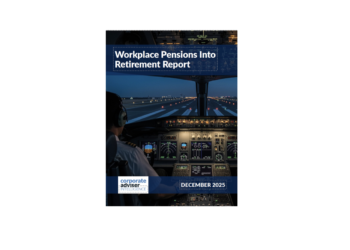The Pensions Regulator (TPR) has launched a data strategy to raise industry standards and improve saver outcomes through better data practices, urging the industry to “capitalise” on this data revolution.
According to TPR, pension schemes can increase productivity, drive innovation, and reduce regulatory burdens by improving data practices. It sees similar opportunities for pensions through Open Finance, just as Open Banking has contributed £4 billion to the economy.
But many schemes still store data in analogue formats, leading to inefficiencies, security risks, and higher costs which are challenges that TPR says will intensify as the DC market consolidates and pensions dashboards launch.
TPR says it will modernise data collection, set clear data standards, and develop an internal data marketplace that connects to the National Data Library to address this. It will also work with the industry to improve pension data accessibility and reduce administrative burdens.
TPR will create a new working group that will bring together pension and technology experts to drive digital transformation, promote responsible innovation, and support the safe adoption of AI, in line with the AI Opportunities Action Plan. TPR will also launch an AI Advisory Council this year to enhance regulatory efficiency and industry productivity to ensure ethical and effective AI integration.
TPR director of data services Lisa Allen says: “The world is undergoing a data revolution, and we want the pensions industry to capitalise on this — delivering more effective and efficient services, sparking innovation in service provision, and enabling savers to better manage and engage with their pensions.
“Today we have set out a blueprint to make this vision a reality and will now be working across the whole industry to drive consistent, coherent and, where possible, open standards for data on metrics that matter.
“This will mean higher expectations of the pensions industry, but also more modern data practices which will reduce regulatory burdens and enable more effective market competition.”





